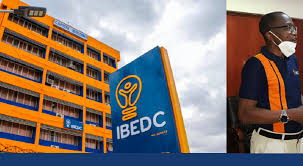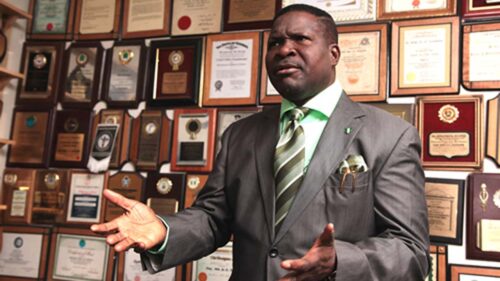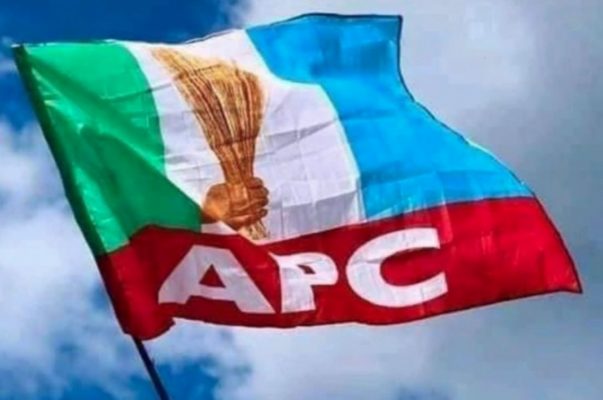Power supply dips to 2,838.03mw
Electricity supply in the country has dropped from about 3,000 megawatts, mw to 2,838.03mw. The Presidential Task Force on Power disclosed in its report that of the 2,913.52mw generated at May 9, this year, 2,838.03mw was supplied while the balance was used to stabilize the network. The PTFP maintained that the megawatts supplied did not meet the estimated peak demand of about 12,000mw in the nation. Meanwhile, consumers who spoke with Daily Times said they now spend more to procure fuel and generate power for domestic and other purposes. One of them who preferred not to be named said, “We don’t have constant electricity for several months. We are also finding it difficult to buy petrol at exorbitant prices for our generators.” The Chairman of the Nigerian Electricity Regulatory Commission (NERC), Dr. Sam Amadi consumer advocacy can go a long way to assist in solving problems in the sector. He said at an interactive session with members of civil society organisations, representatives of industrial, commercial and residential electricity consumers to consider a concept note on consumer advocacy network in Abuja. He Chairman maintained that information asymmetry was not in the interest of electricity market even as he recommends that geographical or occupational clusters of knowledgeable consumer advocates need to be galvanised to promote accessibility and reliability of service in the market. Amadi cautioned that efforts at establishing a virile consumer advocacy groups should be based on rational economic decisions rather than an attempt at instigating the consumers against the operators. “There is a noticeable under-representation of consumer voice, with superficial and adversarial tendency that lacks impact. This is in sharp contrast to the powerful position of the service providers, who though few in number, have the fund and negotiating power to push their demands, thus, a deficit in the democracy of the electricity market.” ‘’A deficit occurs when the ordinary processes of governance of an institution creates and reinforces dis empowerment of critical stakeholders of an institution. In this case, the system is the Nigerian electricity market and the critical stakeholder that is dis empowered is the consumer,’’ Amadi remarked. Meanwhile, NERC has summoned stakeholders to assist in reviewing charges and tariffs for electricity generation, transmission and distribution in the nation. The Commission said in exercise of the powers conferred upon it by section 76(6) of the Electric Power Sector Reform Act 2005 and all other powers enabling it in that behalf, NERC adopted the Multi Year Tariff Order (MYTO) methodology for electricity pricing in Nigeria, which sets out the basis and pricing principles and procedures for effecting minor and major reviews. “The MYTO provides 15-Year tariff path for the electricity industry, with minor reviews bi-annually in the light of changes in a limited number of parameters (specifically inflation, US Dollar exchange rate to Naira, natural gas price, available generation capacity and collection losses) and major reviews every 5 years, when all other inputs are reviewed with stakeholders. Pursuant to Sections 7 of the three separate Tariff Orders (Generation, Transmission and Distribution), the Commission has commenced the process of bi-annual minor review of the tariff,” it maintained. NERC maintained that, “The process involves the collection of data from National Bureau of Statistics, Central Bank of Nigeria and the System Operations Division of Transmission Company of Nigeria. The Distribution Companies are to provide evidence of the status of their respective collection losses. Gather data from Central Bank of Nigeria (CBN), National Bureau of Statistics (NBS) and System Operations Division of Transmission Company of Nigeria (TCN). The inflation and exchange rates data will be based on average of last six (6) months ending 30th March 2015. Also, the System Operator is to inform the Commission on the average available generation capacity for the last six (6) months.” “Update of the MYTO-2.1 financial model based on the data obtained from NBS, CBN and SO (TCN). Public consultation and update of the financial model: Engagement of stakeholders in a discussion on their various inputs and suggestions. Consideration by the Commission of adjusted tariff: If the changes in exchange rate, rate of inflation and generation capacity results in excess of five per cent increase or decrease in average tariff the Commission will consider and decide whether to increase or reduce applicable tariffs. Otherwise, no action is taken,” it added.








